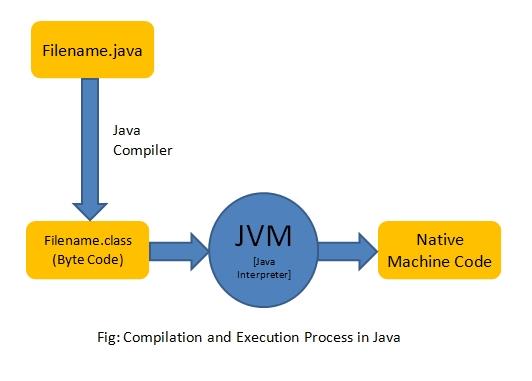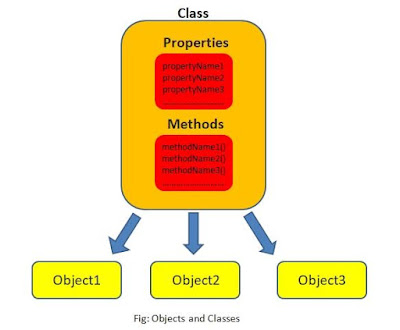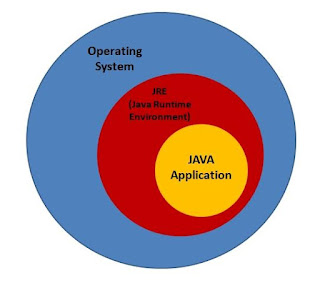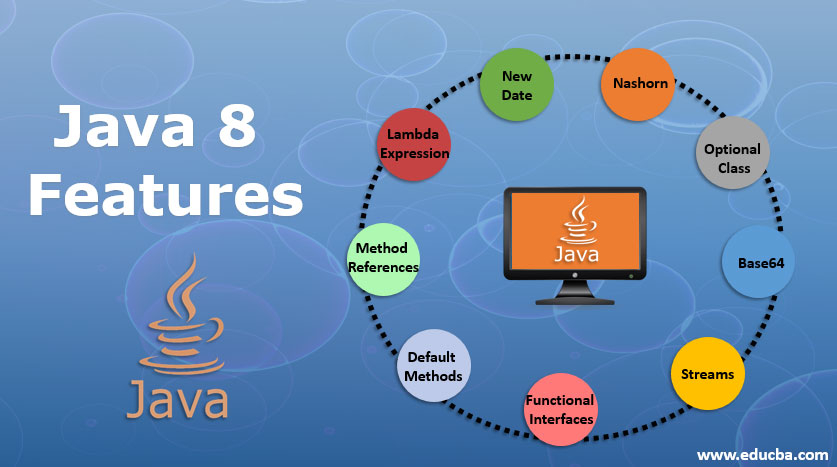Features of Java
1. Simple
Java is a simple language to learn. Also, its syntax is very close to C, C++, or a few other programming languages. So it’s easier to switch to Java from other programming languages.2. Platform Independent

Java is platform-independent. It means that the code you write in one machine can also run on any other machine irrespective of the platform or operating system installed on the machine. The main reason behind it is that Java doesn’t compile the code depending upon specific platforms. Instead, it compiles the code into a platform-independent byte code. This byte code can be interpreted by JVM (Java Virtual Machine) in any machine irrespective of platform or operating system.
Due to this feature, Java code can run on multiple platforms such as Windows, Linux, macOS, Ubuntu, etc.
3. Object-Oriented

Java is an object-oriented programming language. It means that everything in java is based upon the concept of objects and classes. A class is a combination of properties and methods. An instance of the class is called an object. The use of objects in our programs is known as object-oriented programming (OOPs).
4. Secure
Java is the first choice among developers in terms of security. Java provides us security so that one can develop virus-free security systems. The main reason behind this is the Java program runs through JRE (Java Runtime Environment) with the least interaction with the operating system of the machine.
5. Robust
Java is a very powerful and strong programming language. It has a robust structure. Strong memory management, lack of pointers, automatic garbage collection, etc. are some strong points that can justify the robustness of this language. Java also focuses on producing error-free codes using compile-time and runtime error checking. Java also has a mechanism to handle these errors which is called Exception Handling. All these features or mechanisms make it a more robust programming language.6. Architectural Neutral
Java compiles the code into platform-independent byte code. This byte code can be interpreted by JVM (Java Virtual Machine) in any machine irrespective of platform or operating system. This compilation process makes Java architecturally neutral.7. Multi-Threading
Threads are small programs which can run simultaneously parallel to each other. This concept is known as threading. Java supports this and allows us to make and run multiple threads simultaneously. It makes our program more efficient.8. High Performance
Even though java is interpreted language, it uses a just-in-time compiler to ensure high performance. Due to this, it is faster than most of the interpreted programming languages present at this time.9. Portable
As we have discussed, java converts the program into the byte code. The byte code is portable which means it can run on any other machine irrespective of platform or OS.10. Distributed
Java can be used to create distributed applications. It has functionalities like RMI (Remote Method Invocation) and EJB (Enterprise Java Beans) which makes it possible to create distributed software using Java.Mentor - Mahadev Gochade
Intormation and research are sources from internet.
Tags: #Java Language #Programming #nitsglobal #website #blog

